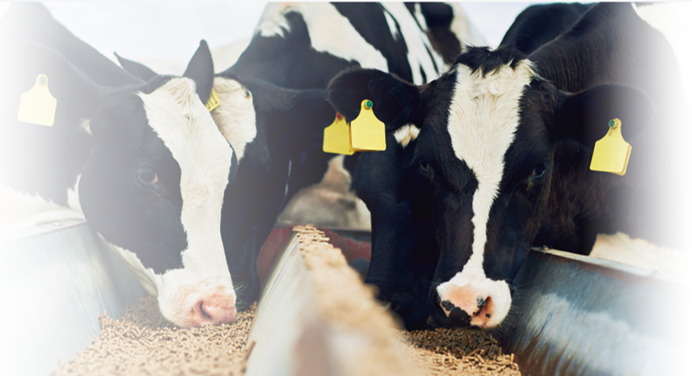Two major domestic food companies – Conagra and US Foods – have recently agreed to address environmental concerns in their supply chains following shareholder campaigns from investment firm Green Century.
Conagra, which is one of the largest packaged foods providers in the country, will phase out ingredients linked to deforestation, according to the announcement from Green Century. The foods provider agreed to set a timeline for doing so, in exchange for the fund firm withdrawing a shareholder resolution it filed on that subject in April.
Among other commodities, Conagra uses beef, palm oil, soy and cocoa, all of which are linked to deforestation in rainforest-dense regions, Green Century said in its announcement.
Agriculture is among the top sources of greenhouse gas emissions, comparable to power generation.
“Customers don’t want to tuck into a Chef Boyardee meal that could be responsible for razing tracts of Amazon rainforest, and investors are increasingly demanding that companies address the material risks posed by deforestation” Green Century shareholder advocate Thomas Peterson said in the announcement. “That’s why we’re glad to see Conagra step up and agree to stop buying ingredients from suppliers who are responsible for the destruction of tropical forests.”
In particular, Conagra sources a significant proportion of its beef from JBS, which has reportedly purchased hundreds of thousands of cows raised on Amazon land, Green Century stated.
In its 2021 annual report, Conagra stated that climate change could potentially hurt its business and reputation, the fund company noted in the announcement.
Green Century had asked in the shareholder resolution for Conagra to eliminate products linked to deforestation from its supply chain by 2025, in line with COP 26 goals.
US Foods
Separately, restaurant supplier US Foods set science-based targets for reducing its Scope 1 and 2 greenhouse gas emissions, or those that are related to operations and the energy the company uses.
The company cut those emissions by 32.5% by 2032, compared with its levels in 2019. Green Century’s shareholder resolution at US Foods passed in May, with nearly 89% of voting shares in favor of it.
But most significantly, US Foods committed to have science-based targets for 35% of its suppliers by 2027, representing more than 70% of the goods and services it uses, according to Green Century. US Foods is the second-biggest food distributor for restaurants, hotels, schools and other institutional clients.
“US Foods will focus on engaging suppliers of its purchased goods and services, which comprise more than 95% of the company’s Scope 3 emissions and will collaborate with suppliers to develop meaningful supply chain interventions to support suppliers in their climate action journeys,” US Foods said in its own announcement.
While praising the actions the company is taking, Green Century asked the food distributor to do more.
“We are disappointed that US Foods has opted to set targets at a lower level of ambition than many of its peers,” Peterson said in the announcement. “Leading companies across industries are setting targets aligned with limiting warming to 1.5 degrees C above pre-industrial levels, and starting this month, SBTi will only validate these higher ambition targets. US Foods has set targets with a well-below two-degree alignment, which is weaker than what was called for by a large majority of the company’s shareholders.”








